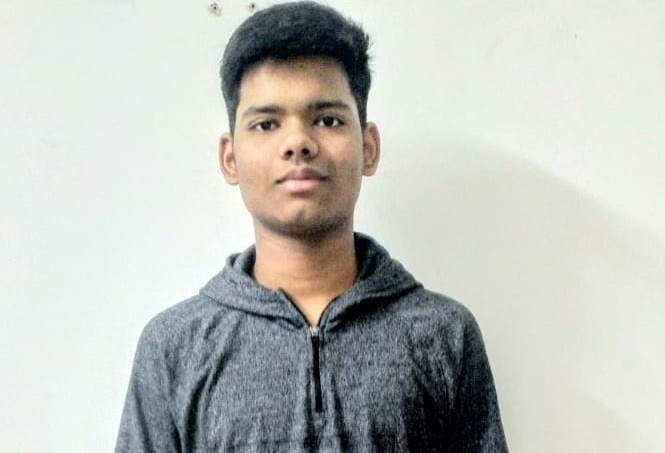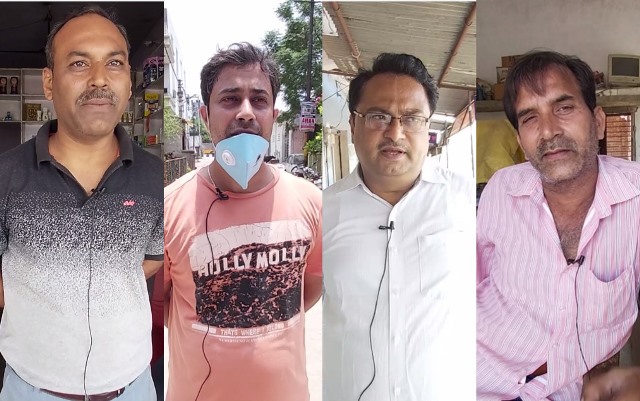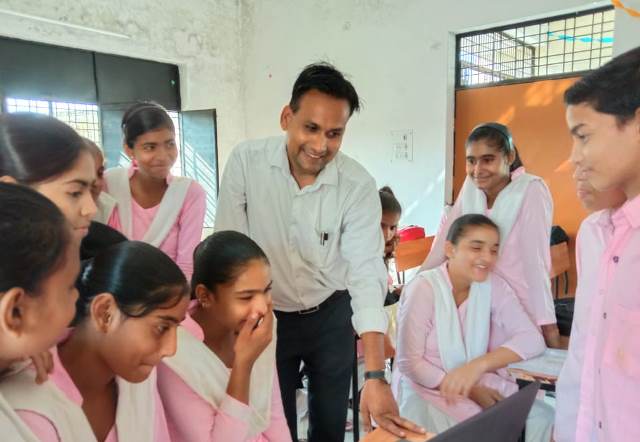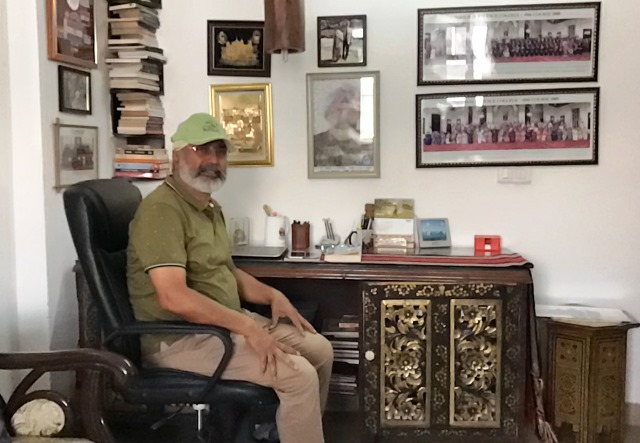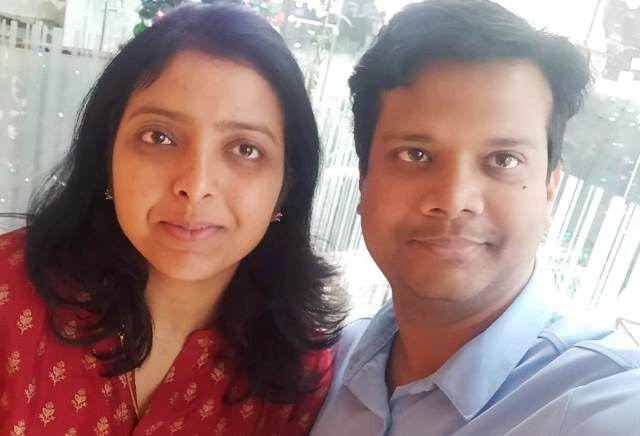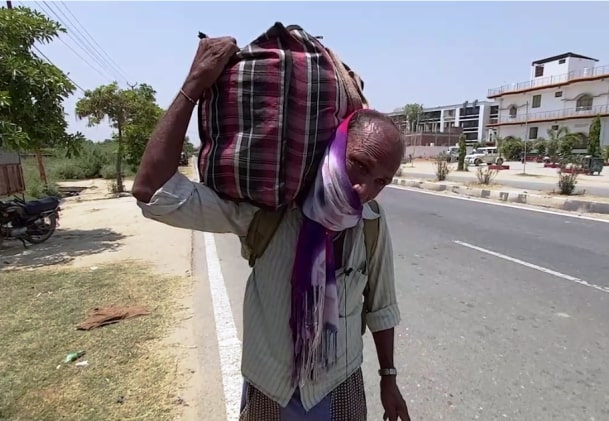Swapnil Pal, who gave Class 10 board exams in March, is anxious about his future but lauds the role of teachers for continuing to take (online) classes. Pal says these teachers are also Corona warriors
I just gave my Class 10 Boards and what a year it has been. Everyone except Class 10 and Class 12 students have their regular online classes going on and yet the students of these two classes are staring at an uncertain future. Our education is on hold for the time being. The only semblance of certainty and structure in our education right now comes from the online Engineering coaching classes conducted by an institute called Scholar’s Den.
Even though we have adapted to online classes now, there’s a certain feeling of learning in classroom. One learns while having fun with friends. The engineering entrance syllabus is quite a handful and friends help one break the monotony. Also, there is a sense of camaraderie. Now we are all studying alone in our homes.
ALSO READ: ‘Anxiety In Students, But Online Mischiefs Continue’
We are around 60 students in one class and classes are conducted through Zoom. Every day around 1.5 GB data gets used to attend the classes and the rest for assignments. Only a little data is left if one wants to play games or watch videos. Our classes are conducted between 3 pm to 8 pm and in the mornings we are supposed to complete our assignments given in these classes.
The teachers are also getting used to new ways of teaching. Many of them are still themselves learning about handling technology perfectly. A few days ago our one and half hours Inorganic Chemistry class got cancelled because of a technical glitch. One didn’t when the glitch would be solved so we didn’t really know what to do. Then other problems occur too, like user id and password not matching when tests are about to happen. I was locked out of a test recently because it happened with me. I wish I had been able to take that test, but it is ok, one needs to be prepared for unforeseen circumstances and glitches in these times.
ALSO READ: ‘Few Smartphones, So We Used SMS, Voice Data’
The group feeling isn’t there, that we are all preparing for these exams together, but we make up for it by sometimes calling each other when we get time between classes and assignments. I divide my time between topics wisely and make sure to ask questions if we don’t understand anything. We have something known as DCC (Doubt Clearing Classes) everyday in breaks between online classes and we are encouraged to clarify the minutest of our doubts before moving on to the next chapter or topic. That’s something that has helped us students a lot. While studying on my own also I ask myself if I have really understood the topic and can explain it to someone else easily.
I don’t know when schools will reopen and we will be able to get admissions in Class 11, but I am sure of one thing that our education won’t stop. There are so many people working to set things straight, especially we see news of so many teachers working dedicatedly. Teachers can also be called corona warriors. They are fighting to keep ignorance at bay and are fighting to keep hope in the future alive.
